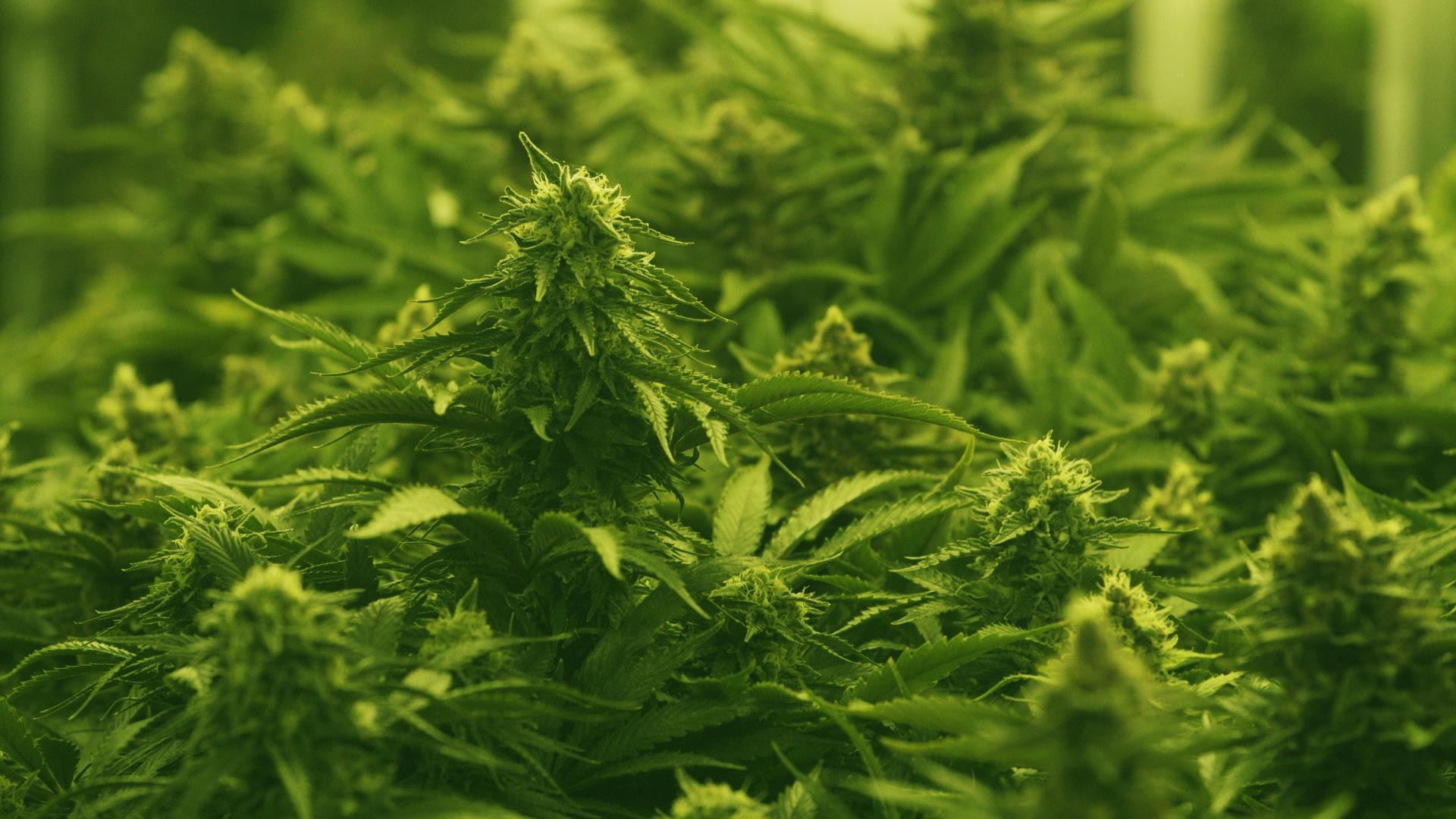
But pot tourists will find there are few places for to legally smoke what they’ve come to buy.
Smoking marijuana on private property is enshrined in the Colorado constitution but that same amendment bans public consumption.
So what about people who don’t have private property in Colorado?
“There is no safe, legal, appropriate place for a tourist to smoke marijuana,” marijuana advocator Rob Corry says.
Most hotels outlaw both tobacco and pot smoke.
And Denver, which could be home to nearly 70 percent of Colorado’s recreational pot stores, has banned the kind of smoking dens you might find in Amsterdam.
“It’s really prohibition under a different name,” Corry says. “It’s prohibition by over-regulation and over-restriction.”
According to Corry, Denver’s smoke den ban violates the spirit of legalization, which promised to regulate marijuana like alcohol.
Corry says it’s as if the city allowed liquor stores but outlawed bars.
So he thinks tourists will turn to marijuana edibles, like brownies for example but says these edibles have their own hazards, mainly over-consumption.
Plus, Corry thinks that many marijuana users prefer to smoke.
“People love the real deal,” Corry says. “And the real deal is lighting up a joint.”
Entrepreneurs are already exploiting the lack of smoke bars.
Peter Johnson started ColoradoGreenTours.com, a marijuana travel agency, and has often explained to clients there’s no easy place to smoke.
“It’s certainly a shock to people coming from out of state,” Johnson says.
Johnson’s company connects people to private condos and hotels that he claims will allow pot smoking.
“We do have access to cannabis-friendly accommodations,” Johnson says. “Generally four and five stars is what we go after but we do also do offer budget trips.”
For tourists who think they can do it on their own by smoking outside, think again.
Denver recently banned smoking in parks, streets and on the 16th Street Mall with fines up to $999 dollars.
For ordinance’s sponsor, City councilman Chris Nevitt, the issue is how to balance permissiveness with public safety.
There’s concern about people getting high at smoke dens and driving stoned.
And Nevitt questions how many pot tourists the city will really have to deal with once legal sales start.
“When it actually shows up in January we’ll find out what the world really looks like -- and we’ll go from there,” Nevitt says.
While Denver is taking a restrictive approach to marijuana consumption, things look very different a few hours south along I-25.
In Pueblo County, retail stores will be allowed to construct smoking patios near their businesses.
But this could be skirting a fine line: the state specifically banned marijuana consumption on the premises of a licensed store.
Experts in marijuana law say business owners may be able to slide through a loophole as long as they don’t directly own or operate the smoking area.
Pueblo County commissioner Sal Pace isn’t concerned with how smoking gardens might affect the area’s image.
Pace points to the drug’s popularity with voters.
“I ran for Congress last year,” Pace says. “[And] if I had gotten the same percentages that marijuana had gotten, I’d be in Congress right now.”
So far it looks like only one business is ready to take advantage of Pueblo’s smoking ordinance: the Greener Side dispensary located in unincorporated Pueblo West.
Owner Hank Borunda has high hopes for pot tourism in his part of the state.
“There’s nothing south of here, and there’s not much north of here except for Denver,” Borunda says. “There’s going to be a demand for that recreational pot.”
Borunda plans to build a deck on a dirt lot outside his shop where customers can come to enjoy their marijuana but it won’t be ready until about March.
“Pueblo’s doing a pretty cool thing allowing that Amsterdam-type atmosphere down here,” Borunda says.









